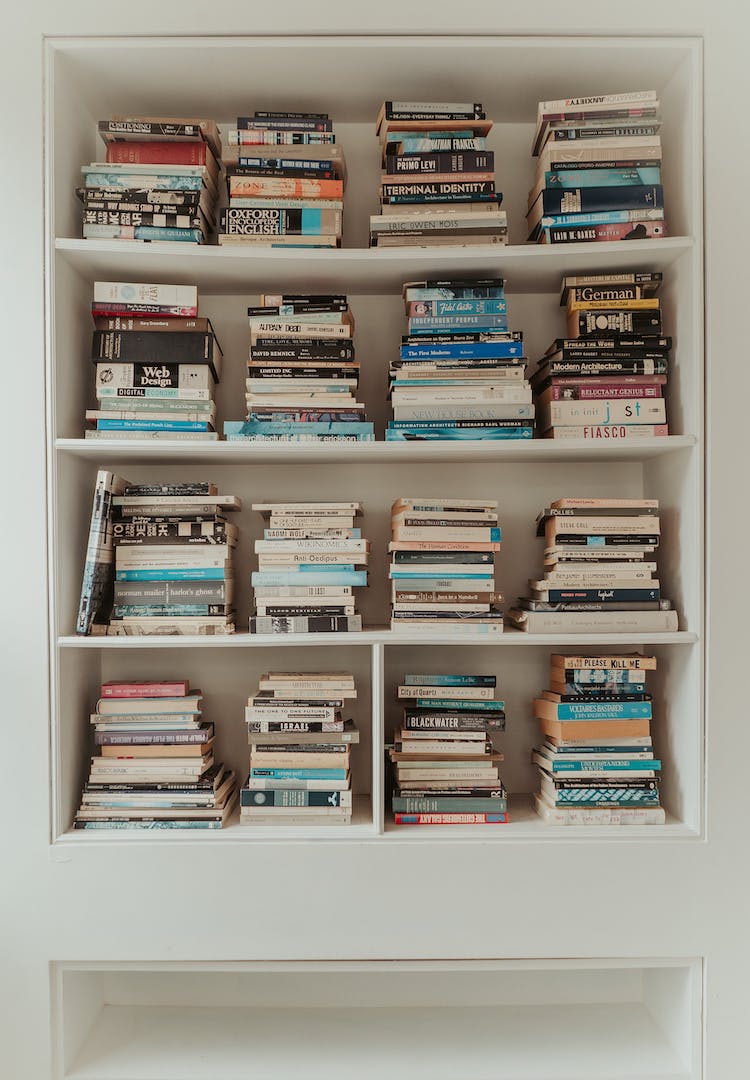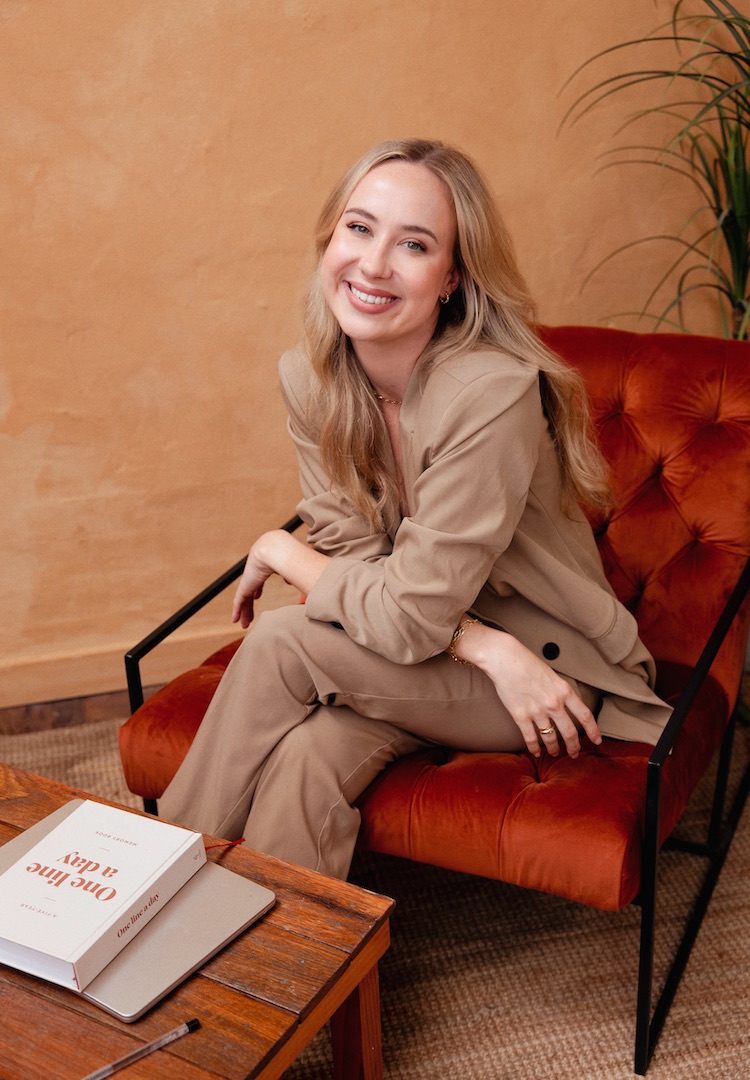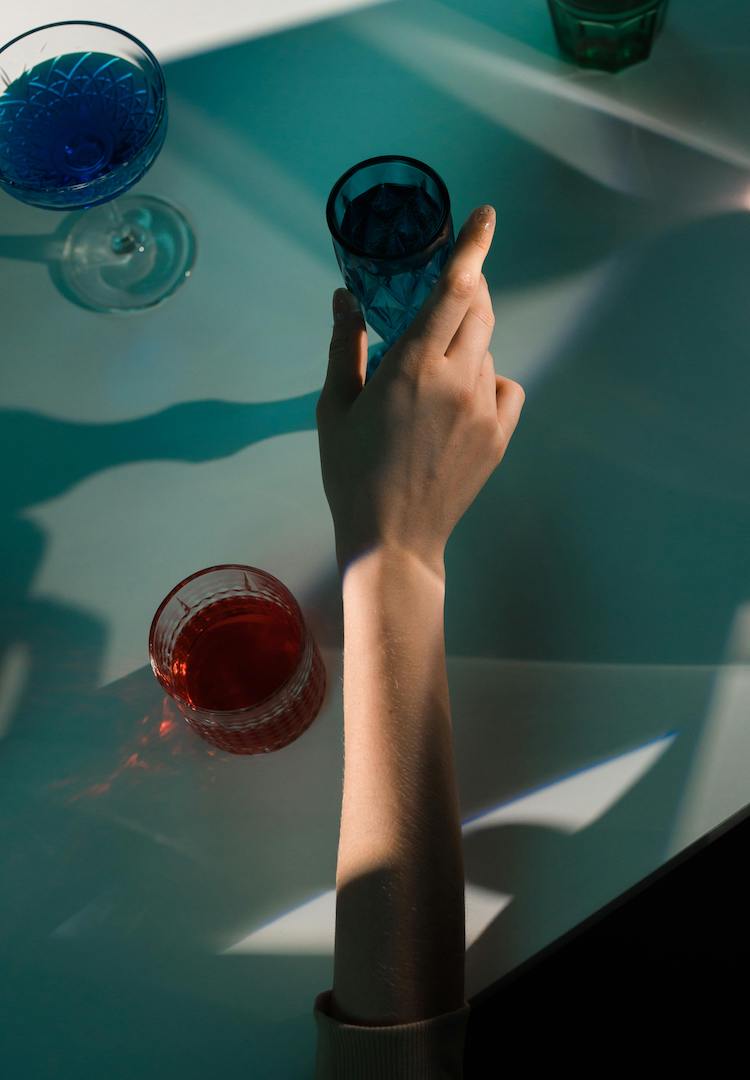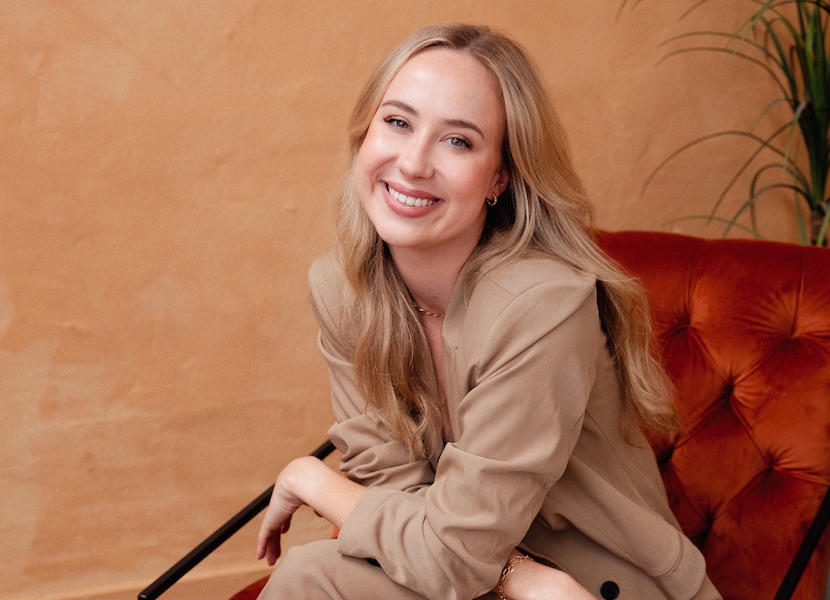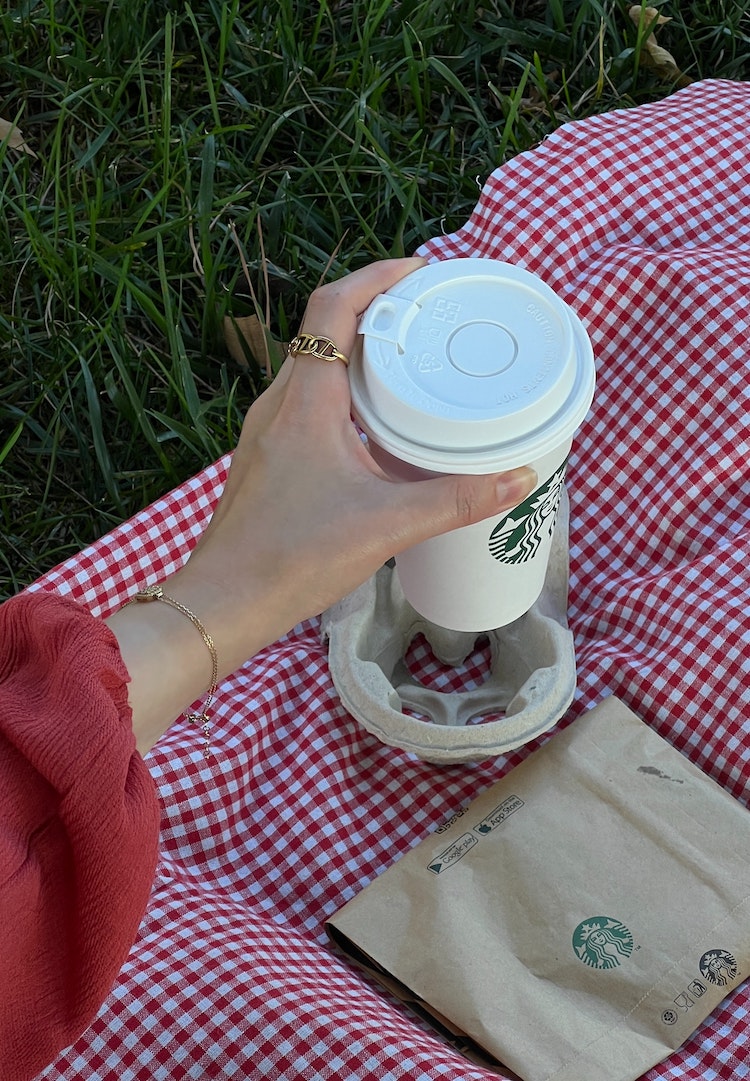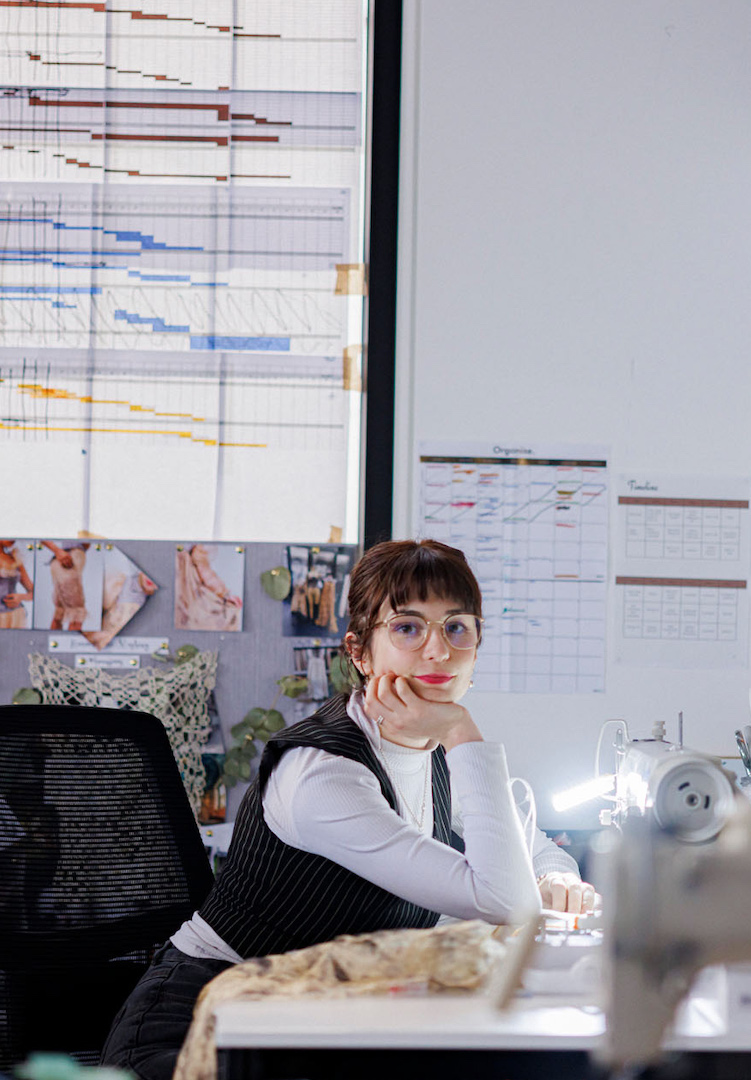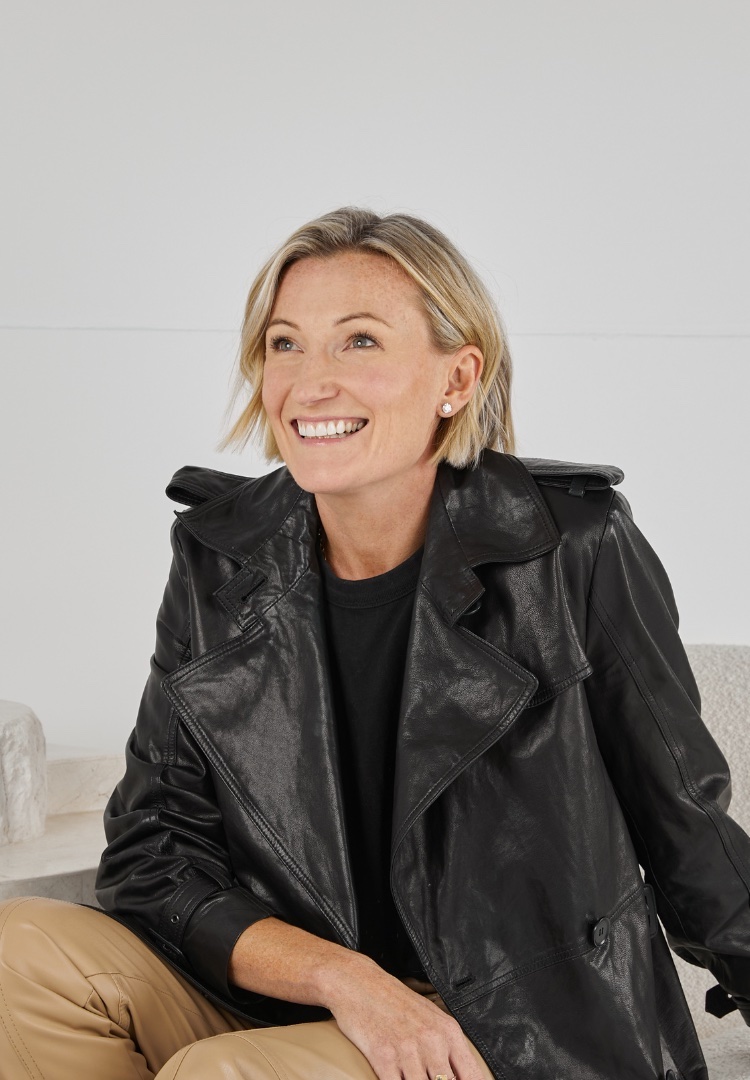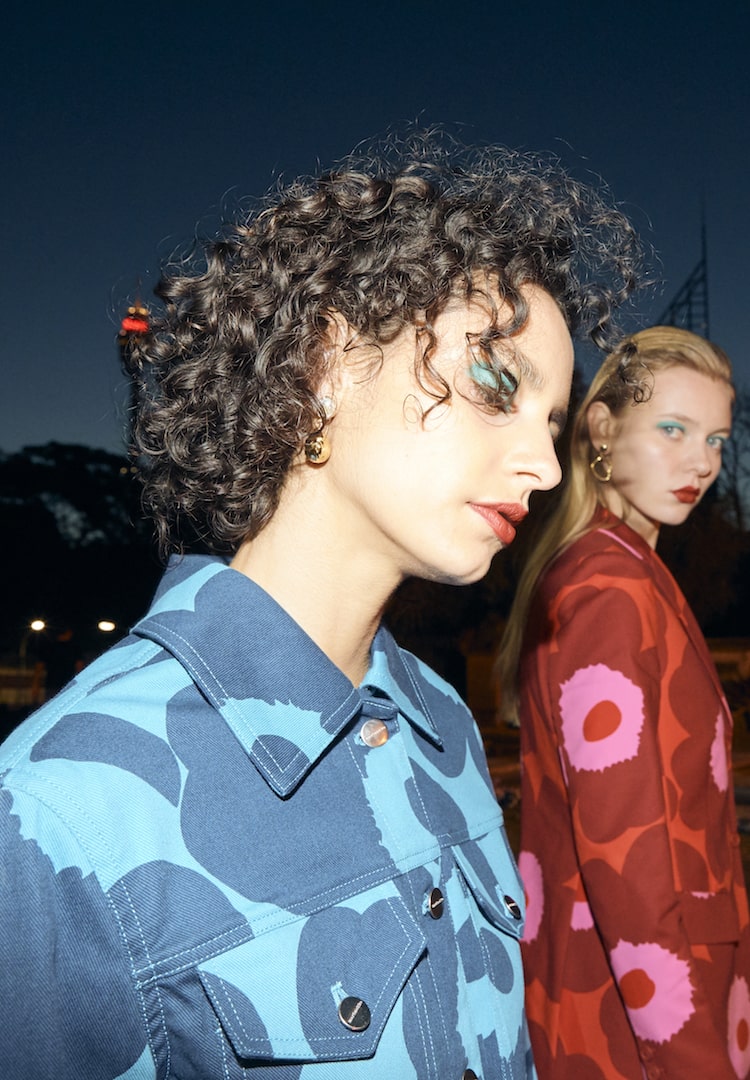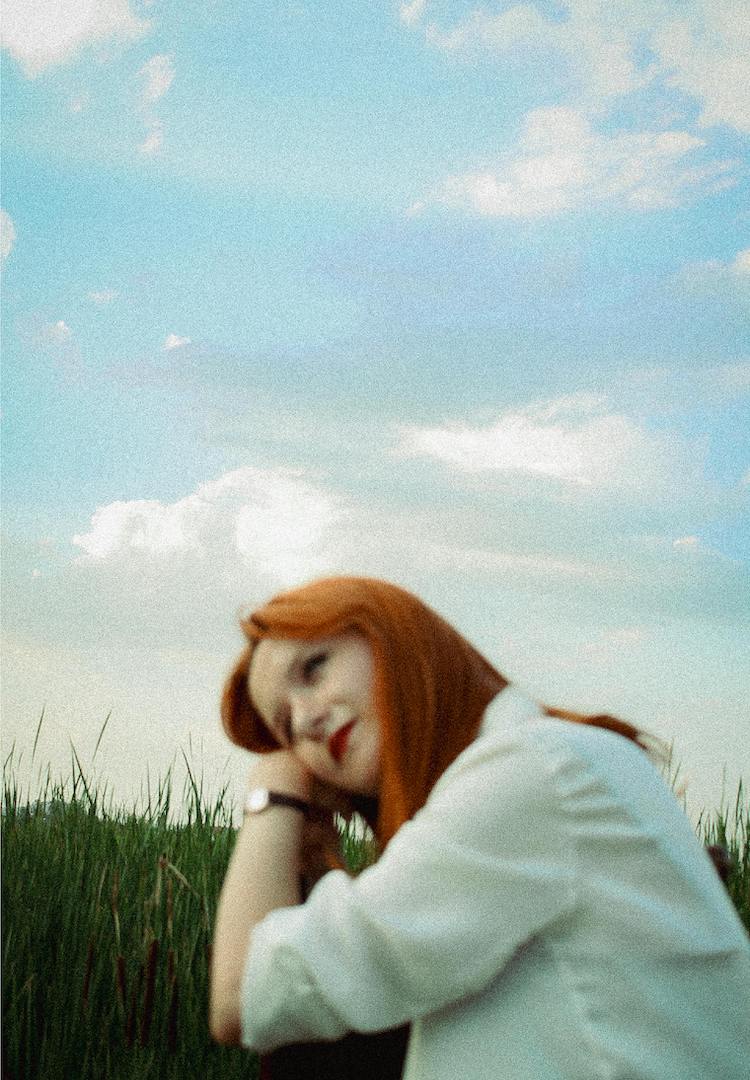How I Got Here: Influencer turned Gen Z charity founder Milly Bannister on carrying the mental load of a business
photography by The Photo Studio
words by Maggie Zhou
“Let others tell you no before you tell yourself no.”
Have you ever stalked someone on LinkedIn and wondered how on earth they managed to land that wildly impressive job? While the internet and social media might have us believe that our ideal job is a mere pipe dream, the individuals who have these jobs were, believe it or not, in the same position once, fantasising over someone else’s seemingly unattainable job.
But behind the awe-inspiring titles and the fancy work events lies a heck of a lot of hard work. So what lessons have been learnt and what skills have proved invaluable in getting them from daydreaming about success to actually being at the top of their industry?
Looking for a new 9 to 5? Head to our Careers page for new listings daily.
Welcome to How I Got Here, where we talk to women who are killing it in their respective fields about how they landed their awe-inspiring jobs, exploring the peaks and pits, the failures and the wins, and most importantly, the knowledge, advice and practical tips they’ve gleaned along the way.
This week, we hear from Milly Bannister, the Founder and Managing Director of Allknd, a not-for-profit focusing on mental health. For her entire career, she’s been self-employed (apart from her casual gigs as a teenager). From making a living as an influencer in the States to now leading a team of impact-led employees, work has never looked predictable to her.
Instead of following the well-worn footsteps of burnt-out and overworked founders, Milly has made a conscious effort to rewrite the narrative around work-life balance. “I think it’s really important for [people to] know that while the mental load of being a founder is heavy and endless, the contact hours don’t have to be monstrous… I think it is possible to master the skill of ‘working smarter, not harder,’” she says. Read on to hear her best career advice.
What do you do and what’s your official job title?
Officially the official Managing Director of Allknd, a Gen Z-led charity teaching young Aussies peer-to-peer mental health first aid.
View this post on Instagram
Take us back to when you were first starting out. Did you study to get into your chosen field, or did you start out with an internship/entry-level role and climb the ladder? Tell us the story.
I was one of those people who had no particular profession in mind when I graduated school but [I] wanted to capture the momentum of my peers’ transition into uni [so] sign[ed] up for a journalism degree. This was really the first time I learned that the best thing to do in a moment of indecision is to lean into what you’re good at, what you’re curious about and face the unknown head-on, trusting that this is enough to eventually (through a roundabout way) get you to where you’re meant to be.
What challenges/hurdles have you faced getting to where you are now? Can you tell us about one in particular?
I hated uni and I really disliked my degree. My best friend was in the same course and was thriving, moving her way into her dream career as a reporter, so I felt out of place and like my passions weren’t being exercised so I left the country. Like, signed up for an exchange program in my second year and left to go continue my studies in Northern California, again, trusting that things would unfold for me from there.
View this post on Instagram
They did and I experienced an extremely fast growth period, both personally and professionally, and started an Instagram account to build a personal brand and capture an audience. My biggest struggle then was believing that people would be interested in what I had to share and figuring out what I wanted to say to the world.
I then moved to NYC for two years after graduating and lived off the income I made from the life of an influencer. This served me really well until I got bored and wanted to build something impact-led, which got the ball rolling on founding the charity I run today.
What do you want people to know about your industry/your role?
View this post on Instagram
The concept of being self-employed is extremely attractive in theory because it exudes freedom and limitlessness. While this can be true and we can experience these perks in many different forms, the huge weight that is the mental load of running a business means you’re never truly off the clock. The chronic pressure of showing up for the endless work and ceaseless challenges can take a huge toll on your mental well-being. For me that has manifested as anxiety symptoms and a recurring sense of acute overwhelm.
What’s the best part about your role?
Bringing people into your world to share the mission you seeded in your head is the most amazing feeling. Sometimes I look around at our team members working together on a shared journey and remember that they chose to share their life with me for the sake of seeing this mission come to life. They trust me and believe in me. These people genuinely care about making the lives of young Australians better for reasons that are incredibly personal to them and their values. That’s really special to me.
View this post on Instagram
What would surprise people about your role?
I think it’s really important for [people to] know that while the mental load of being a founder is heavy and endless, the contact hours don’t have to be monstrous. As someone who has never worked for anyone else (beyond doing my time at Grill’d, Toyworld and Kmart as a teen), I just assumed that every professional who was good at their job and cared about their career put themselves through long hard days to succeed. I don’t think it has to be that way and I think it is possible to master the skill of ‘working smarter, not harder’.
View this post on Instagram
What skills have served you well in your industry?
Writing a banger of an email and maintaining a strong personal brand online has got me [through] so many doors you wouldn’t believe. These communication and storytelling skills are so, so vital.
What advice would you give to someone who wants to be in a role like yours one day?
Throw the word ‘resilience’ out the window. Instead, focus on your ‘capacity’ as a human being. Every day, check the meter on your fuel tank and take that into account if you’re running low because being a human in 2023 is hard work. Being self-employed and/or starting a business is a very personal journey at the end of the day.
View this post on Instagram
Only you know how much you can give and if that means nothing on some days, then that’s okay because your capacity will build back up again. No state of being (as a human, and as a professional) is permanent. If you need some practical tips to live more peacefully in your mind, we post a lot of them.
What about a practical tip?
Get into the habit of letting people decide for themselves. Let others tell you no before you tell yourself no. For example, instead of assuming an advanced professional in your career will say no to mentoring you, ask anyway. You never know until you try, so send that email, connect with them on LinkedIn, approach them during a networking opportunity and let them bloody decide for themselves, you’re not a mind reader!
Read the rest of the How I Got Here series here.
Looking to step up to a career in media? Each week we send a wrap of industry jobs straight to your inbox. Enter your details below and we’ll keep you in the loop, or browse current openings here.

